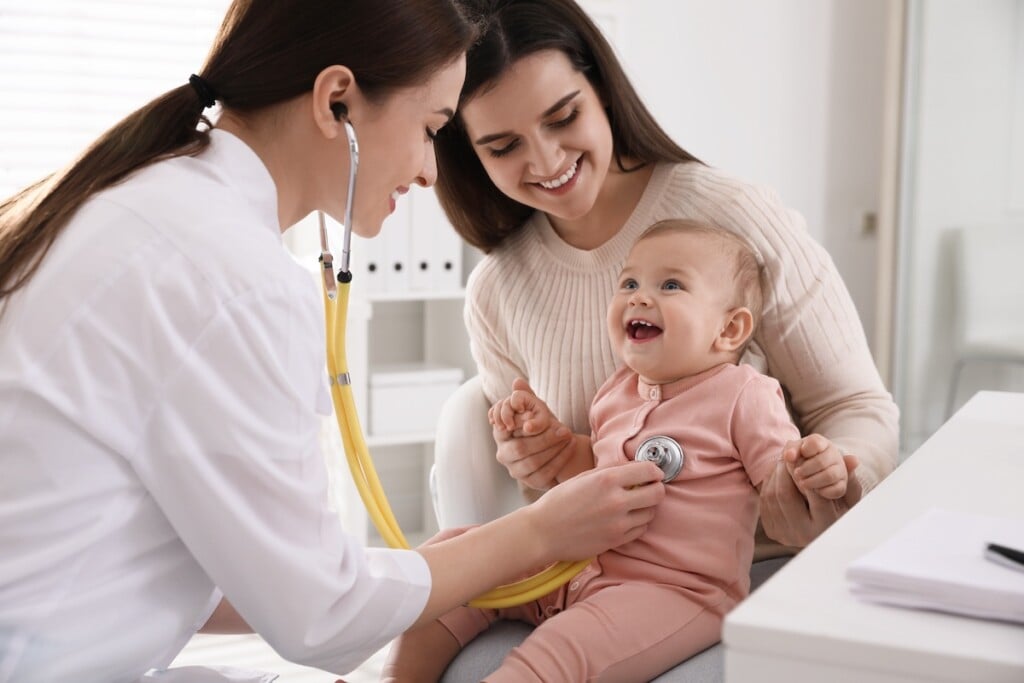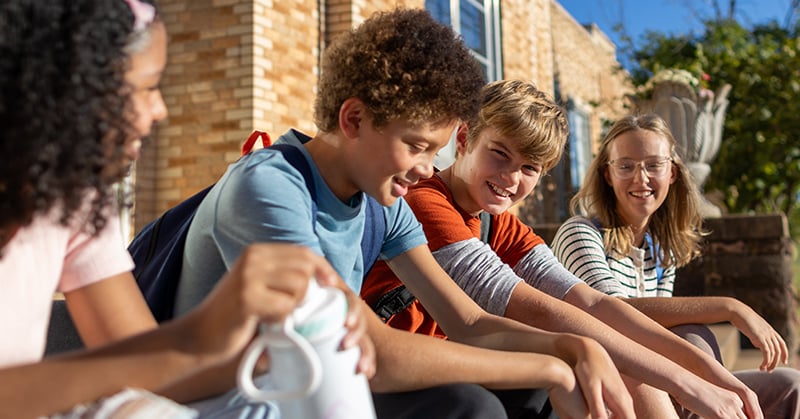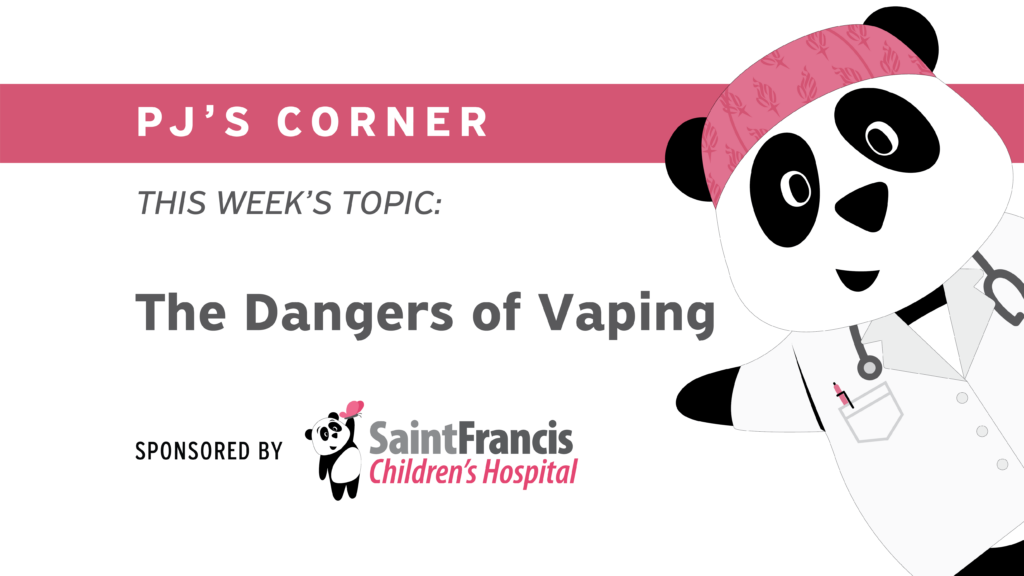Mighty Makers: A New Program to Support Children’s Mental Health and Family Well-Being
In the heart of Tulsa, Parkside Psychiatric Hospital & Clinic is making an impact on children’s mental health and family well-being with the launch of the Mighty Makers program. This innovative early intervention therapy is designed to help children ages 5-12 effectively manage their emotions, with the support of their families. Offering a comprehensive approach that includes family therapy sessions, advanced biofeedback technology, and the interactive Mightier app, Mighty Makers is a much-needed resource for the community—one that comes at no cost to the families involved.
A Community-Driven Initiative
The Mighty Makers program was born from a need observed in the aftermath of the COVID-19 pandemic. “We noticed unique challenges with children in the area,” says Mighty Makers Program Therapist Denise Gogolin. “More and more children and families were really struggling, and we felt compelled to act.”
Parkside’s response was not just aligned with its mission to support mental health in the community but marked a significant shift towards focusing more intensely on the needs of children. The program is set to be a cornerstone of Parkside’s ongoing efforts to expand services for younger populations.
“We’re moving more in the direction of children, and there’s a lot more in the works to build on this initiative,” Gogolin explains, reflecting the organization’s long-term vision for enhancing mental health services for the youngest members of the community.
Cutting-Edge Technology Meets Compassionate Care
Its use of biofeedback technology is at the heart of the Mighty Makers program. This tool is rapidly gaining recognition for its effectiveness in helping children recognize and manage their emotions in real-time. “A lot of parents will tell us, ‘These outbursts just come out of nowhere,’ but they don’t,” Gogolin says. “The great thing about biofeedback is that it helps both the child and the therapist identify the early signs of emotional distress.”
Through biofeedback, children are connected to monitors—such as a pulse oximeter or a heart-rate sensor—that detect physiological changes as they become more stressed. This real-time feedback allows children to become aware of their emotional state before it escalates, which is critical for developing self-regulation skills. “Over time, they start to notice these changes in their own body without the need for technology, which is incredibly empowering,” Gogolin says.
The program also integrates the Mightier app, a product developed at Harvard Medical School and Boston Children’s Hospital, which gamifies emotion regulation. Children play video games that adapt in difficulty based on their physiological responses, teaching them how to calm down in a fun and engaging way. Although Gogolin focused primarily on biofeedback in our conversation, the combination of these technologies creates a powerful toolkit for emotional regulation.
Accessibility and Inclusivity at the Core
One of the most remarkable aspects of the Mighty Makers program is its accessibility. The program is entirely free, removing financial barriers that often prevent families from seeking the mental health support their children need. “Our program is 100 percent free,” Gogolin emphasizes. “It’s not even through insurance. We’ve had some magnificent people in Tulsa willing to provide the funds for it, and we’re really excited about it.”
This community-driven funding model reflects the collective commitment of Tulsa’s residents to addressing the mental health challenges facing local children. By ensuring that financial constraints do not hinder participation, Mighty Makers is positioned to reach a diverse range of families across the city.
Building Stronger Families and Healthier Futures
The goals of the Mighty Makers program extend beyond individual therapy sessions. A key component is family therapy, which is integrated into the program to enhance communication and emotional regulation within the home. “We want to see less verbal and physical outbursts and better family communication,” Gogolin explains. “Family therapy is part of the program, where we focus on communication, self-regulation as a family, and learning life skills.”
Through these sessions, families learn to understand and manage their emotions together, creating a supportive environment where children can thrive. “Maybe we’re misinterpreting what mom is saying because of her tone, or maybe mom is tired. Learning those kinds of skills is crucial,” Gogolin notes. The program’s emphasis on holistic family involvement ensures that the benefits of therapy extend far beyond the clinic.
A New Hope for Tulsa Families
Although the program is still in its early stages, the anticipation and optimism surrounding Mighty Makers are palpable. “The families are excited, and they have hope,” Gogolin shares. “I’m hopeful, too. We’re just starting, but there’s a lot of excitement around it.”
Gogolin’s passion for biofeedback and her dedication to helping children and their families navigate emotional challenges are evident. “Biofeedback is extra from talk therapy,” she says. “It’s teaching them in real-time how to notice their emotions, not just going back over the week’s events. It’s right here, right now.”
How to Get Involved
The Mighty Makers program is now accepting participants. Sessions are hosted weekly at Parkside’s Outpatient Clinic, located at 1239 S. Trenton Ave. in Tulsa. Families interested in enrolling their children can do so by contacting Denise Gogolin directly at 918.586.4291 or via email at degogolin@parksideinc.org.
This initiative represents a significant step forward in supporting children’s mental health in Tulsa. By providing free, accessible, and effective early intervention, Mighty Makers is not only helping children manage their emotions but also fostering stronger, more resilient families. As the program grows, it holds the promise of making a lasting impact on the Tulsa community—one child and one family at a time.
 Dr. Tamecca Rogers serves as Director of Student Access and Success at Tulsa Technology Center. An award-winning author and filmmaker, she is committed to diversity, equity and inclusion in all her endeavors. Photo by Denice Toombs-Dotson with Lasting Impressions Photography.
Dr. Tamecca Rogers serves as Director of Student Access and Success at Tulsa Technology Center. An award-winning author and filmmaker, she is committed to diversity, equity and inclusion in all her endeavors. Photo by Denice Toombs-Dotson with Lasting Impressions Photography.





